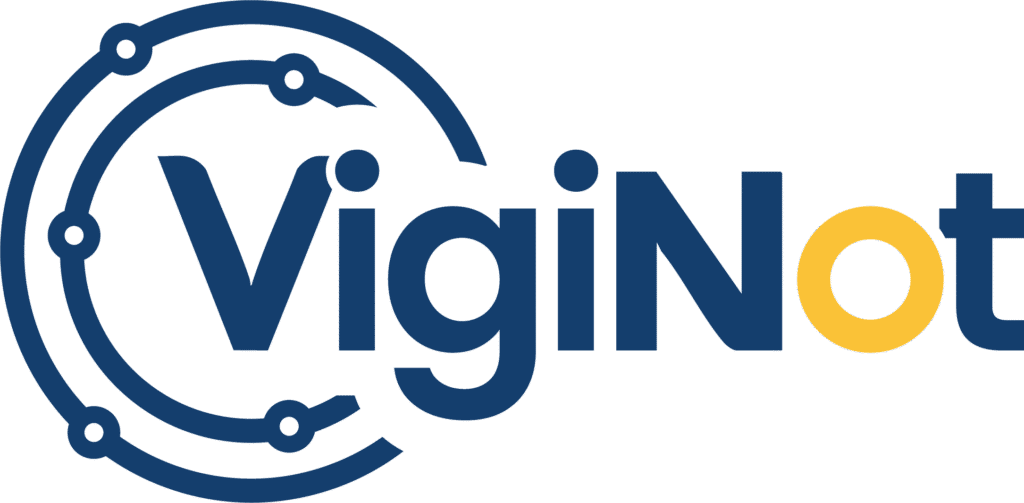Digital legacy: what future for our digital data after we die?
Its digital data are immortal, so still accessible to all...
Some of our social networks become virtual cemeteries, if the relatives have not taken any steps.
What's worse than receiving a notification about your deceased brother who was supposed to turn 50 today?
One thing is sure: after our death, our social network profiles, our photos, our videos, remain active, if nobody does anything.
In fact, it is important to be aware of the the future of our digital heritage.
Especially if we tend to store all our memories in the cloud.
Even more so, when you are a bitcoin investor, owner of a digital asset (a work of art for example) and your electronic wallet is well filled.
First of all, what is digital data?
On average, 2.5 trillion bytes of data are created every day: by sending our emails, by posting our videos and photos, by buying online, by using GPS location signals and much more.
Digital data is the information that Big Data stores. By connecting to the internet, we create data and more specifically personal data.
The CNILdefines personal data as "any information relating to a natural person who can be identified, directly or indirectly.
By creating your login on the social networks, you constitute at the same time personal data on your name, your first name, your date of birth, your postal address, your email address.
For more specialized sites, you will provide your phone number, your social security number and your bank account information. This is called sensitive digital data.
Your documents, your photos, your videos, your comments are also digital data, much more than that, they are your digital assets .
The digital heritage represents all of our personal data stored on the Internet or various data carriers such as the Cloud.
Your digital data is systematically protected by passwords.
Depending on your skills, here is what constitutes a digital heritage for an Internet user:
– online accounts : your neo-banking accounts (Orange Bank, N26, Eko, Revolut mobile banks), crypto-currency services (bitcoins), crypto NFTs (non-fungible tokens).
– Email accounts : the consultation of your Gmail (with Google) and Hotmail (with Microsoft).
– Online services : the backup of your data on the Cloud service.
– Online profiles : your Facebook, Twitter, Instagram, Youtube, LinkedIn, Snapchat and Skype accounts.
– Servers and domain names Your OVH account or SSH keys to access the servers
What is the future of my digital accounts (social networks, emails, digital bank accounts, cryptocurrencies, NFTs), after my death?
In the event of sudden deathYour personal data will remain in suspense: your messaging system will continue to receive emails, your friends and followers will continue to be identified on posts, automatic debits from your bank accounts will continue.
Digital life goes on and yet your heirs will have to face a multitude of steps to be able to recover your digital heritage.
Without instructions regarding the retention, deletion and disclosure of your personal data after your death (article 63 of the law of October 7, 2016 for a digital Republic ), your heirs can only close your user accounts (Lemaire law on the right to digital death) or turn your profiles into memorial pages (for social networks).
In the absence of any information relating to your accounts (site names, passwords) your digital data may be lost, forgotten or hacked!
For example, if you are an investor in crypto-currencies (Bitcoin, Ethereum, Ripple and Litecoin), if you have not left any information about your decryption key to access your e-wallet, your digital assets will be lost forever.
Same thing, for the NFT "Non-Fungible TokenIf you do not leave instructions, your chips will be lost.
Not to mention the access to your accounts of mobile banks (neo-banks such as Orange Bank or Revolut), these establishments are not always established in France and registered in the files of notaries. It is therefore difficult for your heirs or the notary who manages the estate to find the accounts.
Even worse, your videos, photos, important documents stored on the cloud and your email account (with great sentimental value for your loved ones), will never be shared with them by the platforms.
What are the solutions to avoid losing all my digital assets?
The important thing is to prepare well the legacy of your digital data.
To do this, simply follow these tips:
➡ Tip #1: Build a clear digital legacy
It is essential that while you are still alive, you already have a clear analysis of what is important or not to keep as profiles and internet accounts. So take the time to delete the accounts that you consider useless.
➡ Tip #2: Create your digital will
All site names, logins, access codes, keys and private addresses should be carefully noted.
Especially when it comes to your digital data and online banking services.
It is important to consider how your heir will be able to recover your password. Therefore, you can use password managers and pass on the master password. This solution is not perfect, as the master password can be lost or misused.
You may as well prepare a precautionary power of attorneyBy leaving a record of your cryptocurrency transactions. Including the date of transactions, receipts of purchases or transfers, the value of the cryptocurrency at the time of sale, e-wallet records, cryptocurrency addresses, accounting and legal fees.
Also let your loved ones know your wishes, i.e. whether you want certain profiles to be closed and your albums on the cloud to be forwarded to them.
Choose and give advance notice at the same time, an executor.
➡ Tip #3: Opt for a digital safe
The digital safe (such as Legapass) makes it easy to transmit your digital data.
First, you will fill in all access information to your digital services, to create your offline safe.
In a second step, you will indicate the identity of your legatees.
At any time, you can add instructions and wishes to your recordings through a remote connection.
After your death, the service will inform your heirs of the existence of this safe.
By using this process, you can be sure that your data will be passed on safely, that your wishes will be respected and, above all, that the future of your digital data will be respected. So don't wait any longer to create your account.






